A Guide to Cholesterol Medications Singapore Edition

Managing your cholesterol is an important step towards better heart health (Mouritsen & Zuckermann, 2004), especially in a place like Singapore where healthcare options are wide-ranging. It is best to check your cholesterol level routinely to reduce your risk of heart problems and strokes. This guide gives you a simple overview of the most common cholesterol medications available in Singapore, highlighting how they work, their benefits, and things to think about before using them.
Understanding Cholesterol and Its Impact
Cholesterol is a type of fat in your blood that is vital that can create healthy cells. But when there’s too much of it, it can create fatty build-ups in your blood vessels, which can block blood flow and increase the risk of heart disease or stroke. According to the National Library of Medicine (n.d.), there are two types of cholesterol are important to monitor:
- Low-Density Lipoprotein (LDL)
LDL, referred to as “bad” cholesterol, can lead to plaque buildup in your arteries. - High-Density Lipoprotein (HDL)
HDL, known as “good” cholesterol, works to carry away extra cholesterol from your bloodstream.
Getting the right balance between LDL (bad cholesterol) and HDL (good cholesterol) is key to keeping your heart healthy. For some people, just changing their diet or exercising more isn’t enough to lower cholesterol to safe levels, so medications may be needed to help them along the journey of treatment.
The Role of Statins
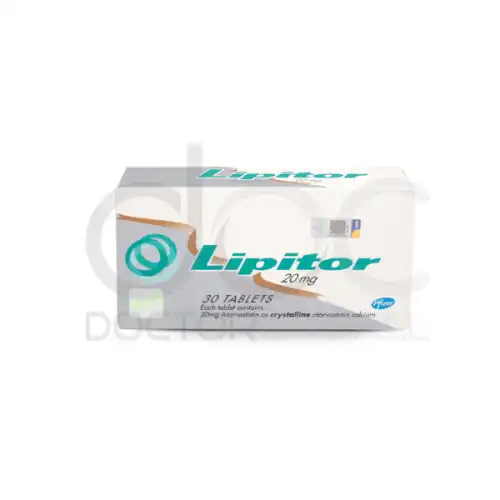
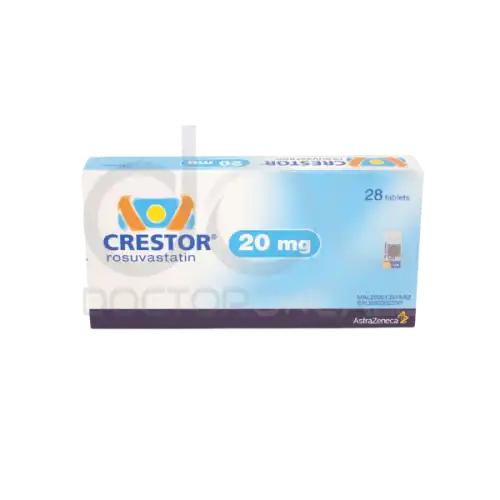

- Atorvastatin
Atorvastatin, also known as Lipitor, is a commonly used medication that helps lower “bad” LDL cholesterol, slightly increases “good” HDL cholesterol, and reduces triglycerides, supporting overall heart health. Most people tolerate it well, but some might have side effects like muscle pain or stomach issues. - Rosuvastatin
Another example of statin is Rosuvastatin, which is an infamous drug under the brand name Crestor. It’s often prescribed because it’s very effective at lowering LDL cholesterol, especially for people who need stronger control over their cholesterol levels. Like atorvastatin, it can cause side effects such as muscle pain and nausea in some people. - Simvastatin
Simvastatin is often prescribed to help control cholesterol levels at a moderate level. It’s effective, but it can interact with certain medications or even grapefruit, which may raise the risk of side effects like muscle pain or damage.
Combination Therapies
In addition to standard statins, combination therapies might be recommended to enhance therapeutic outcomes:
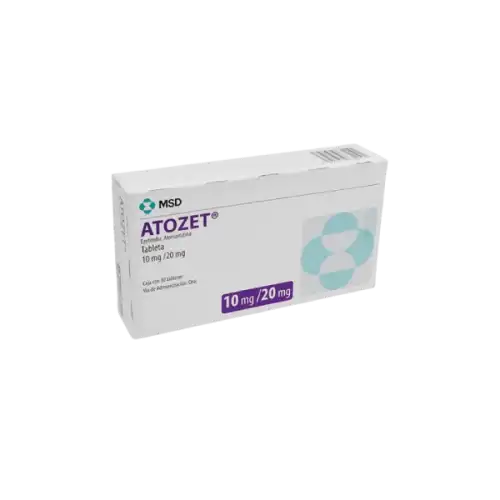

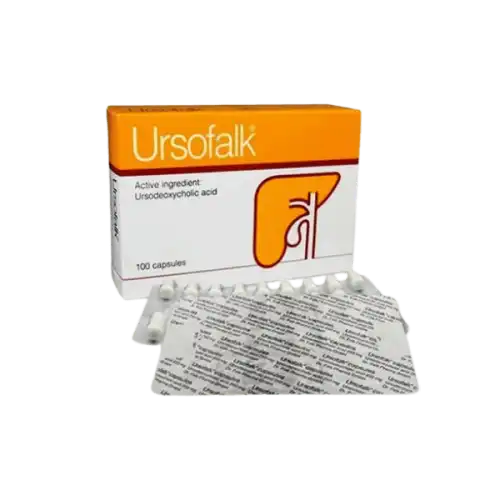
- Atozet
The active ingredients of Atozet, atorvastatin and ezetimibe, work together to lower cholesterol. While atorvastatin reduces cholesterol production in the liver, ezetimibe helps block cholesterol from being absorbed in the intestines. This combination is helpful for people who need extra support in lowering their LDL levels when statins alone aren’t enough. - Ezetrol
Ezetrol is a medication that contains just ezetimibe, and it’s often used with statins to help lower LDL cholesterol even more. It’s also a good choice for people who can’t handle high doses of statins. Ezetrol blocks cholesterol from being absorbed in the intestines, offering a different approach to managing cholesterol alongside statins. - Ursofalk
Ursofalk is mainly used to dissolve gallstones and treat liver problems, but it can also help with cholesterol management in certain situations, especially when gallstones are linked to cholesterol issues. It’s not typically used as a main treatment for high cholesterol, but it might be part of a broader plan for specific cases.
Considerations and Side Effects

When it comes to cholesterol medications, individual responses can vary based on factors like age, underlying health conditions, and concurrent medication use. Here are important considerations:
- Side Effects
Statins may cause side effects like muscle pain and digestive issues. In rare cases, liver damage may occur. Monitoring through regular blood tests is crucial. - Interactions
Some medications or foods, such as grapefruit juice, can interact with statins, impacting their effectiveness or increasing side effects. - Adherence
Consistent use of medication as prescribed is essential for effective cholesterol management.
Collaborating with Healthcare Professionals
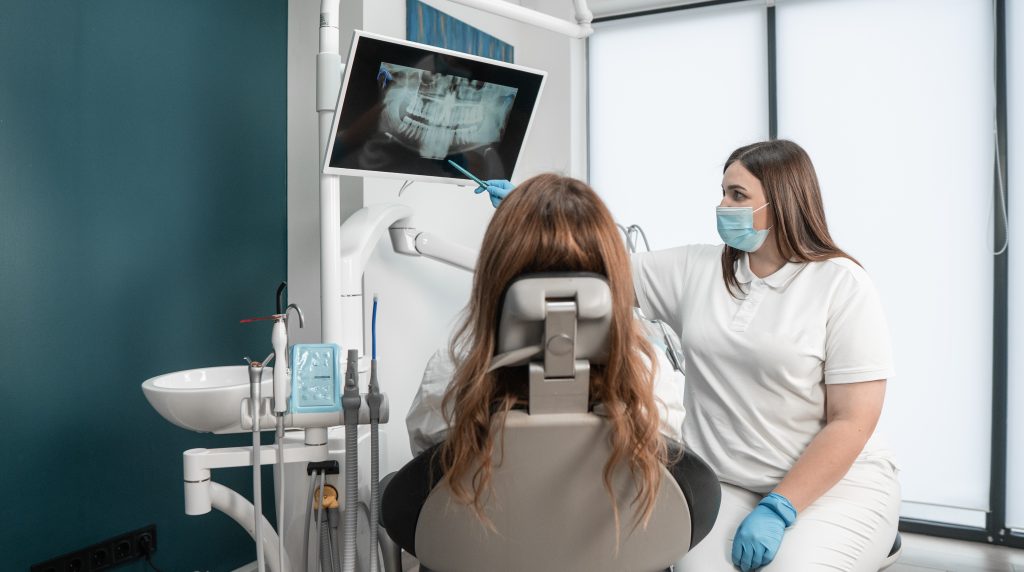
Checking your cholesterol levels through cholesterol readings is important and can be done easily at clinics, hospitals, or wellness centers. Understanding your cholesterol reading helps you and your doctor create a plan to lower LDL cholesterol and raise HDL cholesterol, with changes to diet, exercise, or medications to manage cholesterol level, reduce heart problems and stroke risk.
Working closely with your healthcare provider is important to tailor cholesterol-lowering strategies to your individual needs. Regular check-ups will ensure medications are effective and adjusted as required over time.
Lifestyle Modifications

While medications are pivotal, lifestyle changes significantly contribute to managing cholesterol levels:
- Healthy Eating
Eat more fruits, vegetables, whole grains, and lean meats, while cutting back on foods with lots of unhealthy fats, like fried foods and fatty cuts of meat. - Exercise
Exercising regularly helps improve cholesterol by raising HDL, lowering LDL, reducing triglycerides, and supporting overall heart health. - Weight Management
Maintaining a healthy weight helps improve overall heart health by reducing the strain on your cardiovascular system and lowering the risk of other cholesterol-related issues. - Avoid Smoking and Limit Alcohol
Both smoking and excessive alcohol consumption negatively impact cholesterol levels and heart health.
Conclusion
Managing your cholesterol well means combining the right medications, healthy lifestyle changes, and regular check-ins with your doctor. Medications can be used to create a treatment plan that works best for you and supports heart health. But remember, sticking to healthy habits like eating well, staying active, and avoiding bad habits is just as important for long-term success in managing cholesterol.
This guide helps you understand how to manage cholesterol effectively in Singapore. By staying informed and taking action, you’re setting yourself up for a healthier heart and a better future.
References
- Mouritsen, O. G., & Zuckermann, M. J. (2004). What’s so special about cholesterol. Lipids, 39(11), 1101-1113. https://doi.org/10.1007/s11745-004-1399-1
- MedlinePlus, National Library of Medicine. (2024, October 15). Cholesterol levels. U.S. National Library of Medicine. https://medlineplus.gov/cholesterollevels.html
FAQ
In Singapore, common statins include Atorvastatin (Lipitor), Rosuvastatin (Crestor), Simvastatin (Zocor), Pravastatin, and Fluvastatin. These medications are prescribed to help lower cholesterol levels and reduce the risk of heart disease.
The “best” prescription medicine for cholesterol varies depending on individual health needs. Statins like Atorvastatin (Lipitor) and Rosuvastatin (Crestor) are widely used and effective in lowering LDL (bad) cholesterol. Other medications, such as Ezetimibe (Zetia) or PCSK9 inhibitors, might be recommended for patients who cannot tolerate statins or need additional cholesterol-lowering effects.
The cost of cholesterol medications in Singapore can vary depending on the brand and type. For example, Lipitor (Atorvastatin) can cost around SGD 20-50 for a month’s supply, while generics might be cheaper. Newer medications like Crestor (Rosuvastatin) or combination therapies may be more expensive, often ranging from SGD 40-80 per month.
In Singapore, treatment for high cholesterol is typically considered when total cholesterol is 240 mg/dL and above, or if LDL cholesterol is above 190 mg/dL. However, the decision to start medication also depends on individual risk factors like age, blood pressure, smoking, and family history of heart disease. Your doctor will assess these factors to determine if statin therapy is necessary.
Statins are generally safe for most people, but the safety of each type can depend on individual factors. Atorvastatin and Rosuvastatin are commonly prescribed and well-tolerated. However, Pravastatin is sometimes considered to have a lower risk of side effects, particularly muscle pain, and may be a better option for those who are more sensitive to other statins. Your doctor will choose the best statin based on your health profile.
No, statins are not available over-the-counter in Singapore. They require a prescription from a healthcare provider because of potential side effects and the need for medical supervision while on treatment.
For some people, Ezetimibe (Zetia) or newer medications like PCSK9 inhibitors (e.g., Repatha, Praluent) might be more effective or better tolerated than statins. These options are typically considered for patients who cannot tolerate statins or need further cholesterol reduction despite statin use.
No, Lipitor (Atorvastatin) cannot be bought over-the-counter in Singapore. It is available only through a prescription from a doctor.
Both Lipitor (Atorvastatin) and Crestor (Rosuvastatin) are highly effective in lowering cholesterol. Crestor tends to lower LDL cholesterol slightly more than Lipitor, but both are considered equally safe and effective for most people. The choice between the two depends on individual health needs and potential side effects.
Both Atorvastatin and Rosuvastatin are generally safe for most people, but Rosuvastatin (Crestor) may have a slightly lower risk of side effects, particularly in terms of muscle pain or liver issues. However, individual responses vary, and the safest option depends on your specific health conditions and how you tolerate each drug. Your doctor will guide the best choice based on your health profile.












